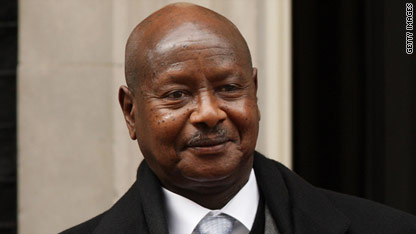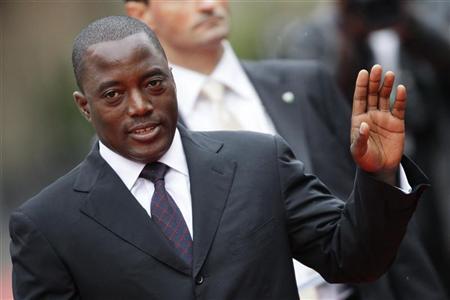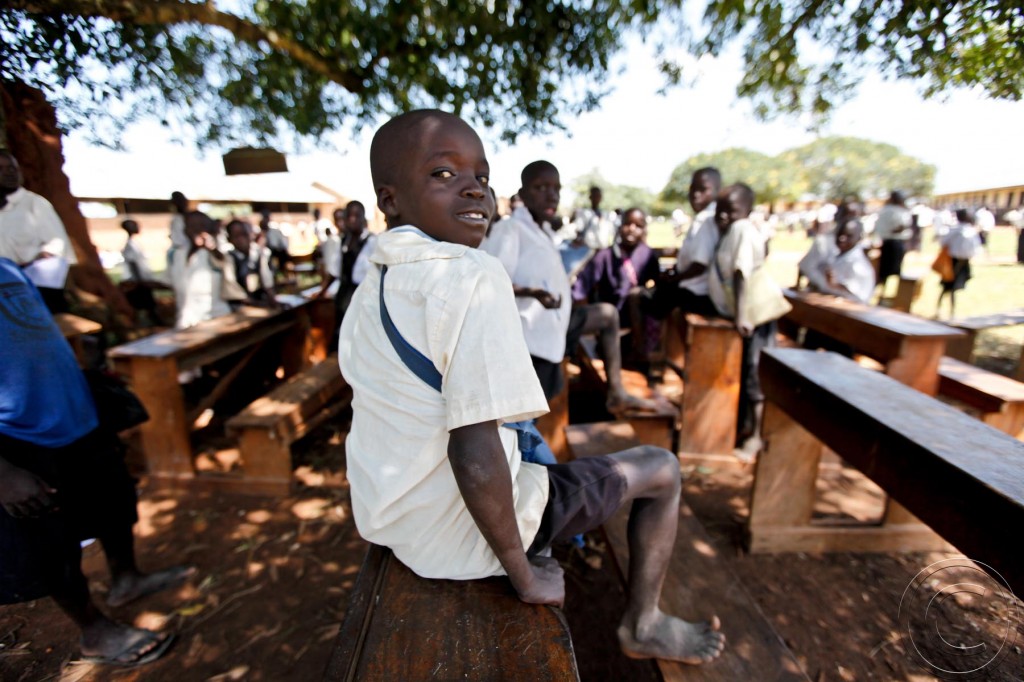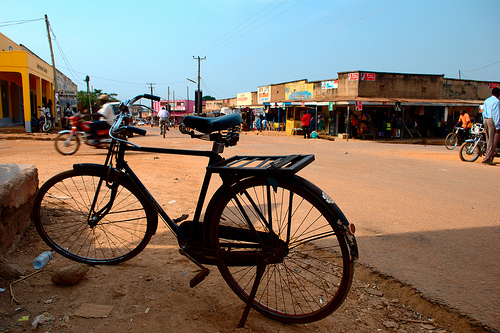A more reliable reading of Yoweri Museveni’s approaches to amongst others Uganda’s position in the region and the world is not his recent work “ Casualties of Western “Neo- Imperialism” and “African weakness”.
Rather it is his address to leaders of his party in July 2016, under the broad theme of the ideology of the National Resistance Movement. The present missive compared to the former comes off as a rushed stream of consciousness diatribe that at best expresses the frustration and anguish that African leaders feel about their helplessness whenever the military power of the West is unleashed on them.

However as can be discerned from his lengthy complaint even when he writes on the subject of “neo-imperialism” it is not to disagree with all forms of aggression. He supports US wars in Afghanistan but not Iraq and Libya. In other words intervention is acceptable where the wars are “just” and objectionable when they are “unjust”. He is not even rejecting intervention in Africa itself. This he says should only happen with the permission of African leaders. There appears to be an acquiescence to African “imperialism”, where African leaders conduct interventions following the logic of their own interests. In this event as is the case of Somalia, where the so-called African intervention is paid for by the graces of otherwise imperialist western powers, it is still an act of pan-Africanism. There are other ideas sprinkled within the convulsing commentary that could perhaps be tackled separately.
For instance there is a lot to say about Uganda’s generous refugee policy without reducing it simply to a practical solution to migration from wars and instability as internal movement of populations within Africa (opposed to Africans and others attempting to migrate to Europe). This humanistic refugee policy can stand on its own without any additional defence.
There was no need to use it to point out that integration of non-Europeans into their societies would face a backlash. Anti-immigration sentiment has festered for years even within between European countries as Brexit – showed. The lack of integration preceded the wars of attrition cited in the piece and is the subject of a deeper subject of racial bias that for example has come out in the open in the post Donald Trump election in America. It is also a genuine question about competition for jobs and opportunities that in the European Union had been a question since its founding. Uganda’s humanistic refugee policies stand in contrast within Africa itself where episodes of violent xenophobia in South Africa, to point out an example, have occurred free from the corruption of the language of imperialism. It can be supported for that quality alone. Even more appalling is to reference an otherwise good policy of his government in the context of his discussion on imperialism and African weakness when one of the largest growing refugee settlements in Uganda, in West Nile, near my home, is the direct consequence of what is seen in some circles as recent “Ugandan imperialism”.
Suffice to say that in his earlier talk, which was a larger work of codifying the views of his party, he looked more critically at intervention as related to pan-Africanism – the consolidation of African unity beyond borders and despite of them. More so than the populisms that have scarred his present analysis of African relations with the west in the wake of a rise of more right-wing governments in leading Western nations. The above and some historically inaccurate claims about the extent to which revolutions that succeeded around the world were “home-grown” so to speak means one should read the article more for the questions it raises than the information it offers.
In summary the article Cmde Museveni wrote expresses a deep fear of western military intervention and frustration with Western power. As an alternative it offers he offers that Africans defend the integrity of its natural borders in the fashion of James Monroe, an American President and his Monroe doctrine. Or if you prefer learn from the imperialist his ways.
As I have written elsewhere this week the limitations of Africa’s post-independence leaders has been never to imagine an Africa of their making that is not in the image of the West. It is something one sees and hears repeatedly in the talk and policies of African leaders. To them progress was the extent to which the state resembles or acts like its European equivalent. It is a binary they cannot escape. Talk of one often leads to a reference to the other. In Lee Kuan Yew’s book “The Singapore Story” he mocked these leaders including leading ‘pan-Africanists” like Kwame Nkrumah. He remembers their bragging as serious leaders by arriving at global events in swanky presidential airplanes they could hardly afford. Or else they hosted large conferences for the same effect.
They talked a fiery pan-Africanism even then. The foreign policy of this class in the last cold war was to act, whether covertly or overtly, as handmaidens of imperialism that was at war with itself. They never struck out on their own. There is little to say it has changed much. Those who wish to succeed the Yoweri Musevenis at the helm must address this original sin of African independence.
In the context of the present charges that Cmde Museveni makes – two things must be kept in context.
Firstly that any serious observer of his leadership would know that his foreign policy has mostly been one of actions and not words. Uganda under his leadership to a large extent attempted to remake the map of the Great Lakes region. Its interventions collapsed the consensus in the 90’s, first in Rwanda and subsequently in Congo, South Sudan, Burundi and CAR. He makes reference to this in the Kyankwanzi speech. The new polity seen alternatively as the Great Lakes or through new agreements for cooperation operates now altogether differently. It still has not found full political expression because of the tyranny of definition of nations and states in the European model. It may continue to be called the East African community and so forth (borrowed again from the E.U) but the attempt by Cmde Museveni and others to recreate it is a foreign policy reality. It does not matter that he does not write about it this way.
Secondly that until such a time as a new Africa acts outside of the imperialistic shadow it cannot transition from it. In his morally superior talk about just and unjust wars Cmde Museveni does not fully address human rights. He talks of human catastrophes the way a General may talk of collateral damage – a reference that his found in the title of his piece, the military term “casualty”. Human rights are as important if not more important than African rights or their determination. One of the weaknesses of the treatise is here.
There cannot be dignity, pride and defence of these things for Africans without respect of basic human rights. This is why any discourse about instability and conflict in Africa that throws the blame on external intervention is wrong most of the time. African countries are unstable because they are internally mismanaged. The real victim of this mismanagement is the abuse of the rights of citizens in newly independent African states under the guise of acceptable political conflict or western bogeymen. Pick one of the so-called defenders of African dignity and one will find a sea of blood of citizens jailed, beaten and killed under the banner of resisting imperialism.
How can South Sudan, or the greater Sudan, come out of its diabolical self-destruction without finding a way back to protecting the rights of ordinary wanainchi? This, the defence of human rights at home is the best medicine against external aggression. We can all agree with him that a man reaps what he sows.










